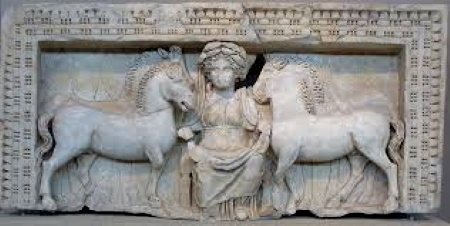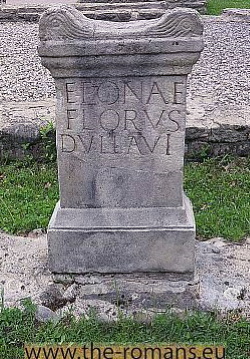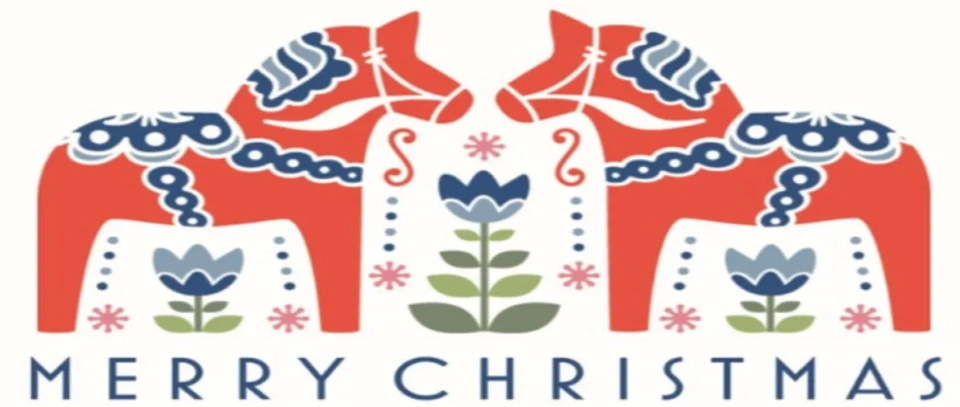18th December - The Festival of Epona
Written by Anne Newman 17th December 2019 with additions 2022 & 2023
Known as Rhiannon in Wales, Macha in Ireland, Epona’s name comes from the Gaulish word epos (“horse”). This ancient horse goddess is one of the most well-known of all the Celtic gods and goddesses. Horses played an important role in Celtic society. Naturally, the protector of horses would play an equally important role.


Epona translates as “divine mare” or “mare goddess”. Epona has been revered since the Iron Age. Even the Romans adopted this Celtic goddess.
Small shrines, known as aediculae, were built in her honour by horse owners and often decorated with roses. More inscriptions, statues, and shrines dedicated to her have been found than for any other Celtic god or goddess.
She was also a giver of life, health, fertility and plenty, and a protectress of humans on the journey through death and on the Other Side.
Her role as a psychopomp, or guide of souls, is clear from the way she is depicted in Gaulish cemeteries. At La Horge-au-Sablon, a burial ground of the Medioatrici at Metz, in eastern Gaul, images of Epona were offered by relatives of the deceased; one depicts the goddess on her mare, leading a mortal to the Otherworld.
Epona is usually shown riding side-saddle on a mare or between twin horses.
She was regarded as a patron by cavalrymen, including the Aedui, used as auxiliaries by Julius Caesar, and soldiers prayed to her to protect their horses (and themselves) in battle.
She is the protector of horses, stables, and horse owners and guardian of agriculture and transportation.
In addition, Epona has been associated with birds. Her birds were said to have the ability to put the living to sleep and to rouse the dead.
She has also been pictured with cornucopias and baskets filled with fruits, especially apples and thus she has been linked to fertility.

quote from : History and meaning of the Dala Horse from Sweden
In Sweden a Dala horse is a traditional carved, painted wooden statue of a horse from the province of Dalarna. Once considered a devil's toy and used as rationale by the bishop in Vasteras to condemn pagans. Today, the Dala Horse plays a much different role and has been integrated into modern meanings and traditions.
They can be blue, white, black but more usually red. Much like the dark red paint that covers most of the houses in the Swedish countryside the red invokes and symbolises passion and energy. This, combined with the strength and courage of the horse, is a strong message. Often used as toy presents or tree decorations they have become a symbol of Sweden and Christmas.
Chintana explained that during the Stone Age, Scandinavia was invaded by axe-wielding, horse-riding people. The oldest known horse figurines are from this time period and made of bone. A horse could be the difference between life and death in a wild and fierce country without roads and long distances between settlements. Not surprisingly, the horse became highly-valued.
Horses were later sculpted in bronze, silver, gold and wood—and cut into cliff walls. Today’s wooden horses derive their heritage from those found in ancient graves and bogs.
Horse skulls used to improve sound
In 1911 repairs were being done to the Catholic church Newtown, Creevagh, Ardee, Co. Meath.... and I happened to be present when the workmen were removing the old-flagged floor from the building.
The church is built in the form of a cross and has one long aisle and two short side aisles. about three quarter way down the long aisle the workmen removed one large flag stone from the floor and immediately underneath they discovered a complete horse's skull.The skull was placed underneath the flag and apparently not buried in the earth.
... Some of the older people of the locality said that in former times it was the custom to place a horse's skull underneath church floors to produce an echo in the building. When the new floor was put in , the skull was put back in the place from which it was removed. Duchas Schools Collection - Old customs





